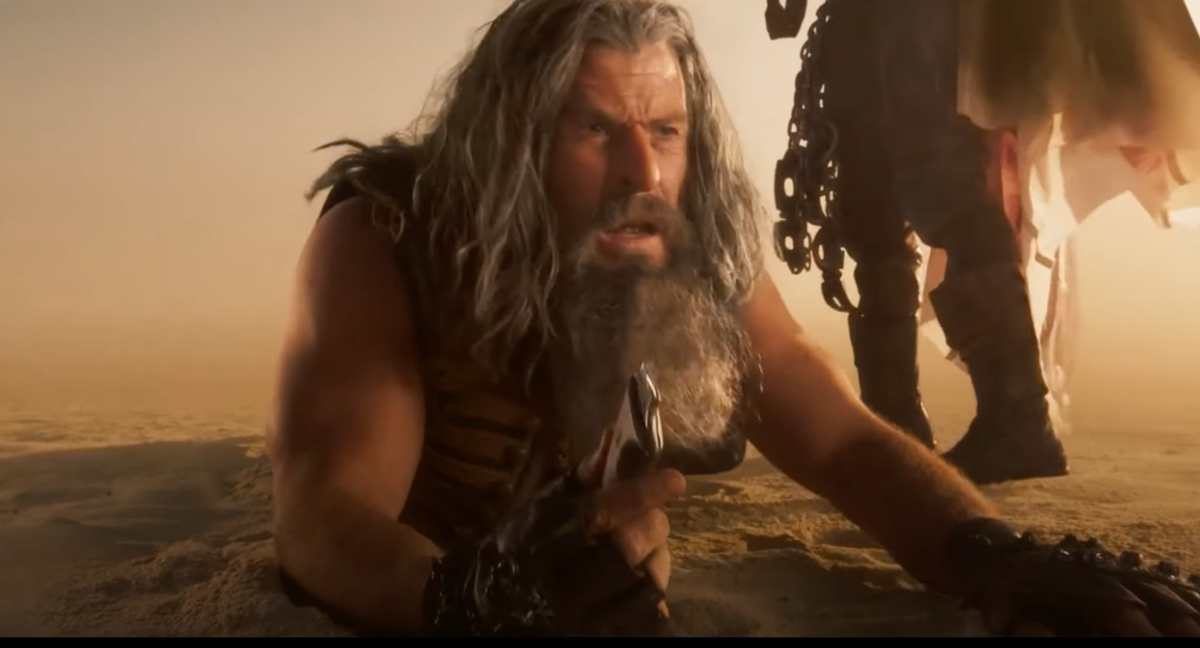A visual effects artist has revealed the reason why special effects in movies are so much “worse” now.
Fans have long lamented the declining quality of computer-generated imagery (CGI) as a seemingly increasing number of blunders are picked up by eagle-eyed viewers upon almost every big release.
From movies such as Cats, Hulk and Aladdin to Avengers: Infinity War and the latest Mad Max instalment, Furiosa, on-screen glitches and some low-quality visuals have been jarring for moviegoers. The phenomenon is now so ubiquitous that flaws are apparent even in trailers for unreleased movies, such as the forthcoming remake of The Crow.
…
“VFX artist here, heres what happened,” he began. “Clients continually change the brief. Shot design and planning are no longer a priority, and we have a lot more work to get through in a shorter amount of time.
“We have and can create work better than back in the day, it just needs the right leadership team, planning, and time to make sure it happens.”
Edji explained that the average film now changes a lot more during postproduction than it used to, adding, “This means new work gets added to our plate and work we’ve already started (and sometimes even finished) gets scrapped. The ‘fix it in post’ mentality also doesn’t help.”
He implored people to not blame VFX artists, saying: “It’s almost always the studio/leadership team who is responsible for when things don’t get done up to scratch and never the actual artists’ fault.”



In my field, we’re actually suffering from decisions made 2 decades ago to fire the most expensive staff first after Y2k.
When we did so, we lost a LOT of our mentors and collected wisdom from talented, experienced staff at the pinnacle of their career. New staff and journeyman-level workers lacked the wisdom to understand why we did the whole job instead of rushing for a head-pat from management. Now, with a few generations behind us - work generations being shorter - we have a systemic problem where the new framework on which the crap is build is itself crap from a crap design using crap tools for crap reasons. And we don’t visibly understand why that’s leading to the poor results we’re getting because we simply don’t know better.
The skills gap is an insidious, layered problem that needs to be addressed even if it means a few (dozen) quarters where numbers do NOT go up.
This sounds exactly like Boeing (and a hundred other large corps.)